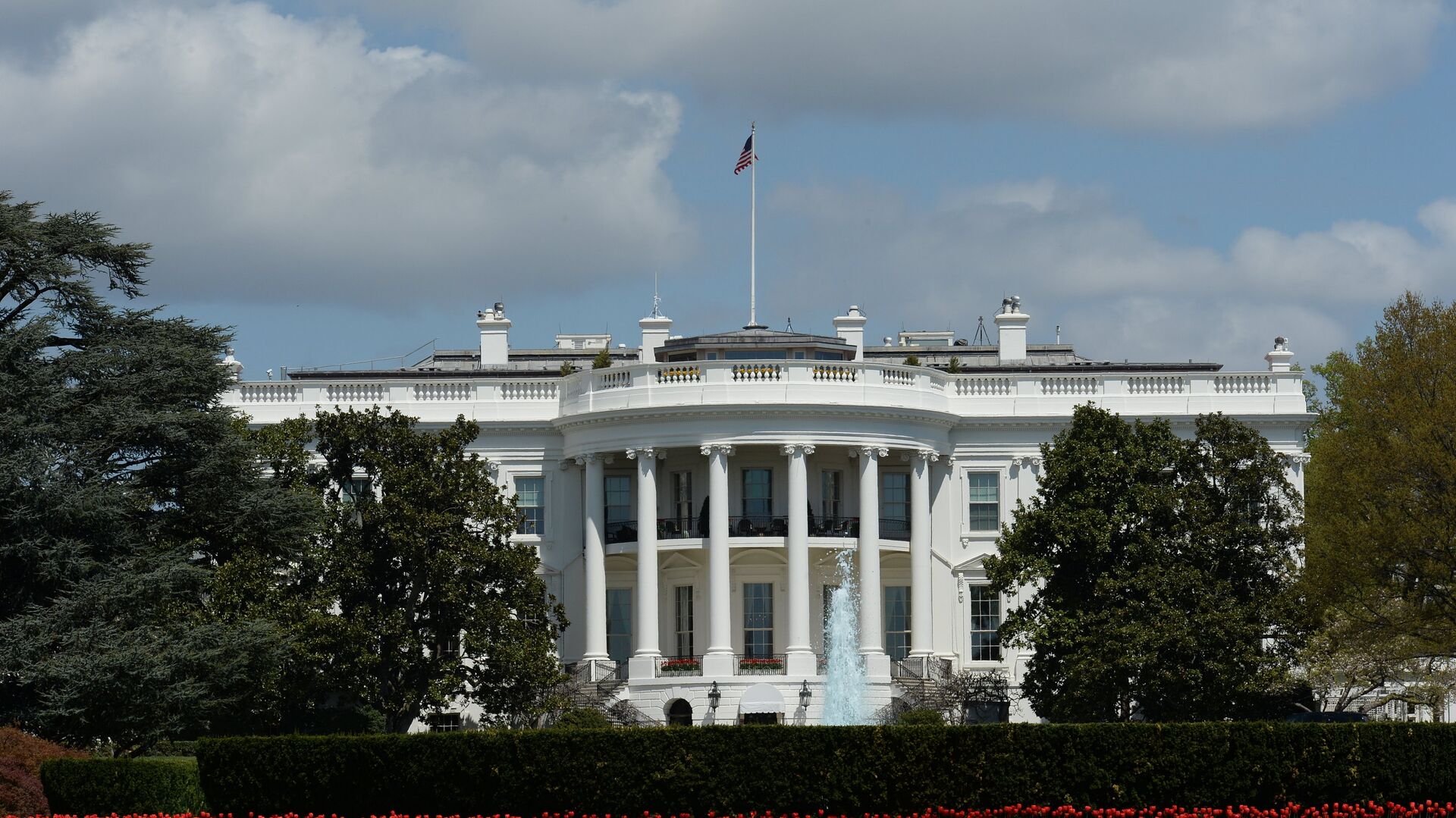The Biden administration is closely monitoring Russia's reaction to the latest set of US sanctions over the country's alleged involvement in the SolarWinds hacking and meddling in the 2020 elections, Bloomberg reported, citing anonymous sources. According to the sources, if Russia does not abandon its alleged malign activities, proof of which Washington has so far failed to present to the public, then the White House will move forward with additional sanctions against Russian sovereign debt.
Among the measures discussed, according to Bloomberg, is an extension of restrictions on buying Russian government bonds for American financial institutions. Starting from 14 June, US banks and funds won't be able to buy lucrative Russian bonds during the initial offering, but will still be able to acquire them when they are resold.
Bloomberg's sources claim that Washington may expand the ban by forbidding American investors from buying Russian sovereign bonds on the secondary market (after it was resold) for 90 days after the initial offering, if the 15 April sanctions fail to have the desired effect.
As a part of the monitoring process, which might reportedly prompt new sanctions, Biden's team will watch the global market's reaction to the latest sanctions and the decisions of the Russian central bank. The board of the latter will meet on April 23 to decide whether or not to raise the interest rate in order to counter the effects of the sanctions on the ruble. The latter was losing up to 2% in value at times on the day the sanctions had been announced, but regained practically all losses by the market's closing on 16 April.
Signs of De-Escalation in Sight or New Spiral of Tensions?
Bloomberg's sources claim that the White House is currently waiting for President Vladimir Putin's reaction to the new sanctions and harbours hopes that a period of de-escalation of tensions in bilateral relations begins, which will only benefit both countries' financial markets. Biden stressed that Washington could have undertaken harsher measures against Moscow, but chose not to on 15 April.
Russia too chose not to strike back in full force and impact American business when it announced its response to the US sanctions on 16 April, Foreign Minister Sergei Lavrov said. The Kremlin did not take any reciprocal actions against US Treasuries, but instead expelled 10 diplomats in line with similar actions of Washington. In addition, Moscow will limit the US diplomatic mission's capability to hire Russian workers and travel through the country. Lastly, the Kremlin added eight former and current US officials to the no-entry list in response to their role in nourishing the anti-Russian policies in the American government.
At the same time, Russia did not indicate that the previously planned meeting between the presidents of the two countries was called off. The two leaders agreed to discuss the issues concerning bilateral ties in person during a telephone conversation, which had taken place prior to the announcement of the new sanctions.




